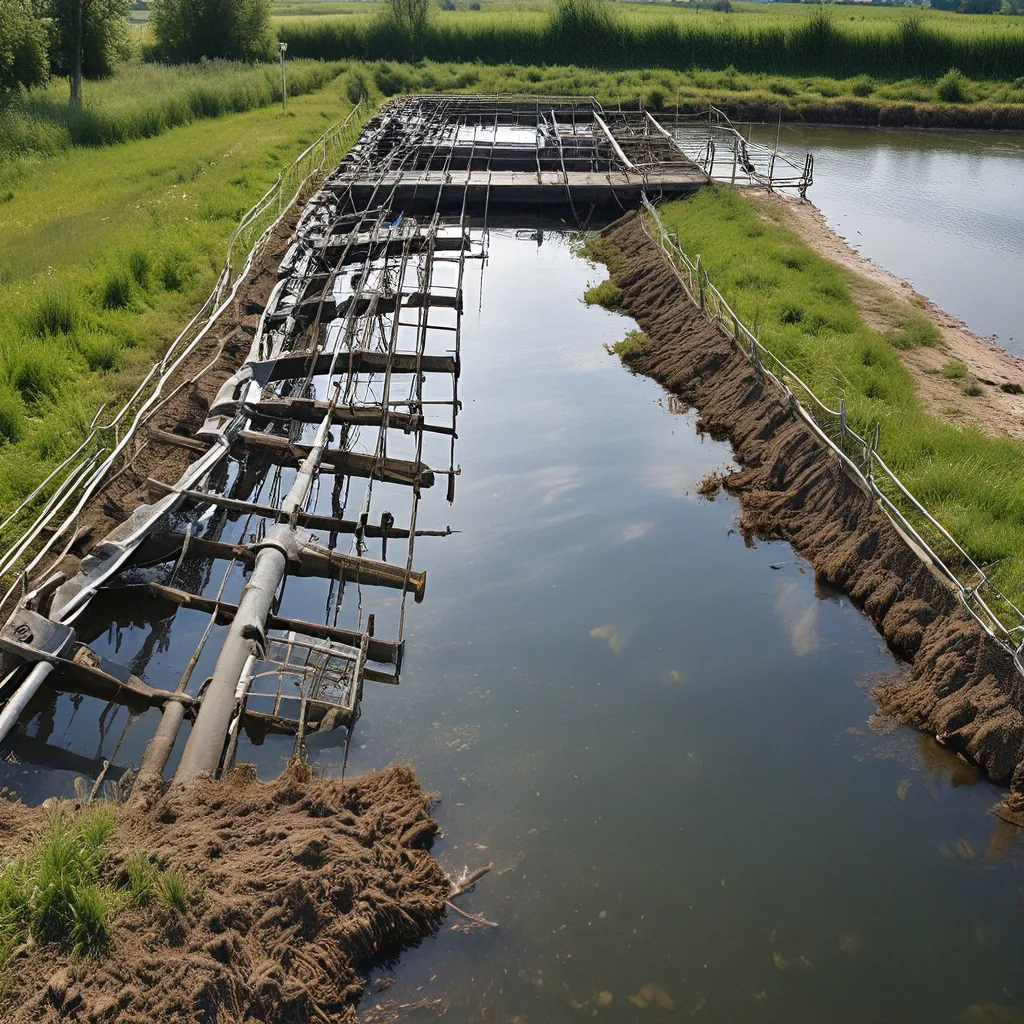
Dive in with me, my friends, as we explore the fascinating intersection of wastewater treatment and the burgeoning bioeconomy. It’s a world of untapped potential, where the very waste we discard can be transformed into valuable resources that power our sustainable future.
First and foremost, let’s talk about the bioeconomy – that buzzword you’ve probably heard floating around. In simple terms, it’s all about using renewable, biological resources to create a wide range of products, from fuels and chemicals to materials and even food. And let me tell you, the possibilities are endless!
The European Commission is actively investing in the development of the bioeconomy, recognizing its crucial role in transitioning to a more circular and sustainable economy. And you know what that means? Wastewater treatment is poised to play a starring role in this exciting new chapter!
Unlocking the Treasure Trove of Wastewater
Picture this: the very water we flush down the drain, the stuff we often take for granted, is actually teeming with a treasure trove of valuable resources. Nutrients, organic matter, and even precious metals – they’re all there, just waiting to be harvested and repurposed.
Researchers have discovered that wastewater can be a rich source of valuable biomass and bioenergy, with the potential to be converted into a wide range of bio-based products. And let me tell you, the team over at Alpha Wastewater Services has been leading the charge in unlocking these hidden gems.
Turning Waste into Wealth
Imagine a world where the waste we flush down the drain doesn’t just disappear into the abyss, but instead becomes the raw material for a thriving bioeconomy. That’s exactly what’s happening in the world of wastewater treatment.
Through innovative technologies and creative thinking, wastewater treatment facilities are now able to extract valuable resources from the water we discard. From biofuels and bioplastics to fertilizers and even animal feed, the possibilities are truly mind-boggling.
It’s a win-win situation, my friends. Not only are we reducing the environmental impact of wastewater, but we’re also creating new economic opportunities and supporting the growth of a sustainable bioeconomy. Talk about making lemonade out of lemons, am I right?
The Future is Bright
As I delve deeper into this topic, I can’t help but feel a sense of excitement and optimism. The future of wastewater treatment is looking brighter than ever, and the potential for innovation is truly boundless.
Imagine a world where every drop of water we use is carefully reclaimed and repurposed, where the very byproducts of our daily lives become the fuel for a thriving, sustainable economy. It’s a future that’s not only possible, but one that’s actively being pursued by forward-thinking organizations like Alpha Wastewater Services.
Of course, the road ahead is not without its challenges. There are still technological hurdles to overcome, regulatory barriers to navigate, and public perceptions to shift. But I have no doubt that with continued research, innovation, and a steadfast commitment to sustainability, we’ll be able to unlock the full potential of wastewater and usher in a new era of the bioeconomy.
Diving Deeper
As fascinating as this topic is, I must admit that there’s still so much more to explore. The intricacies of wastewater-based biorefineries, the latest breakthroughs in resource recovery, and the shifting policy landscapes – they all deserve a deeper dive.
And you know what? I’m eager to learn more. I want to hear from the experts, to delve into the cutting-edge research, and to uncover the untold stories of the trailblazers who are redefining the way we think about waste.
So, if you’re as captivated by this topic as I am, I encourage you to keep exploring. Dig deeper, ask more questions, and never stop seeking out the latest developments. Because the future of the bioeconomy and the health of our planet just might depend on it.